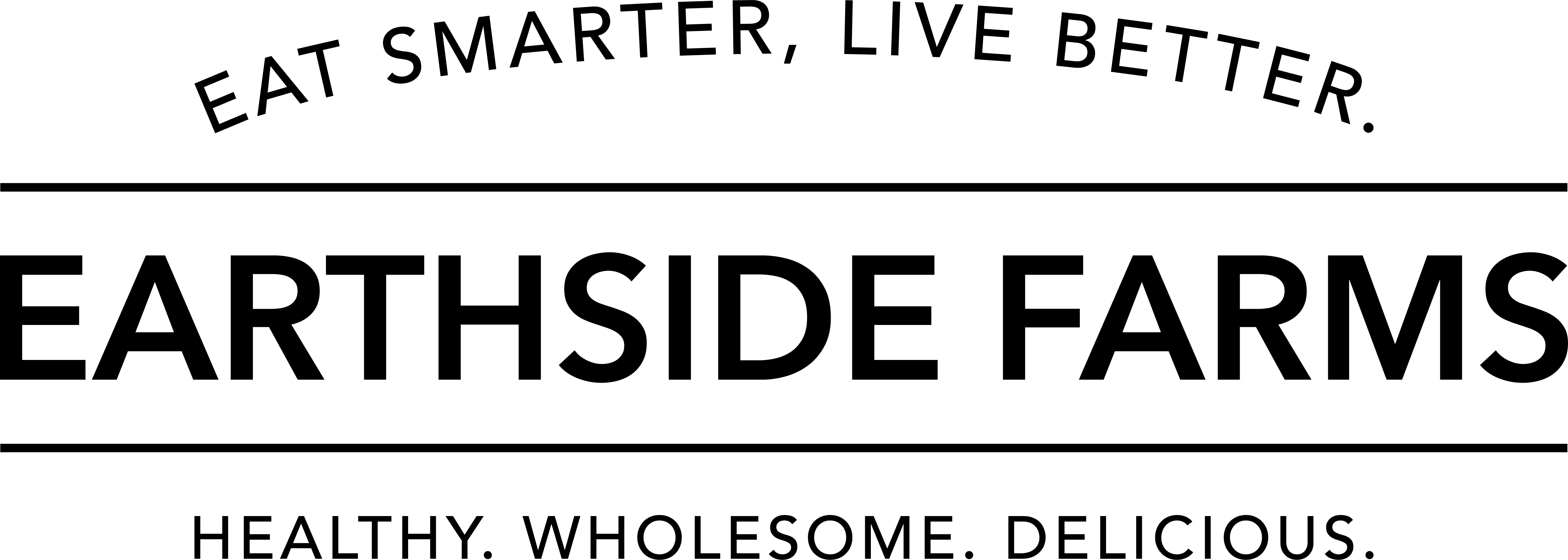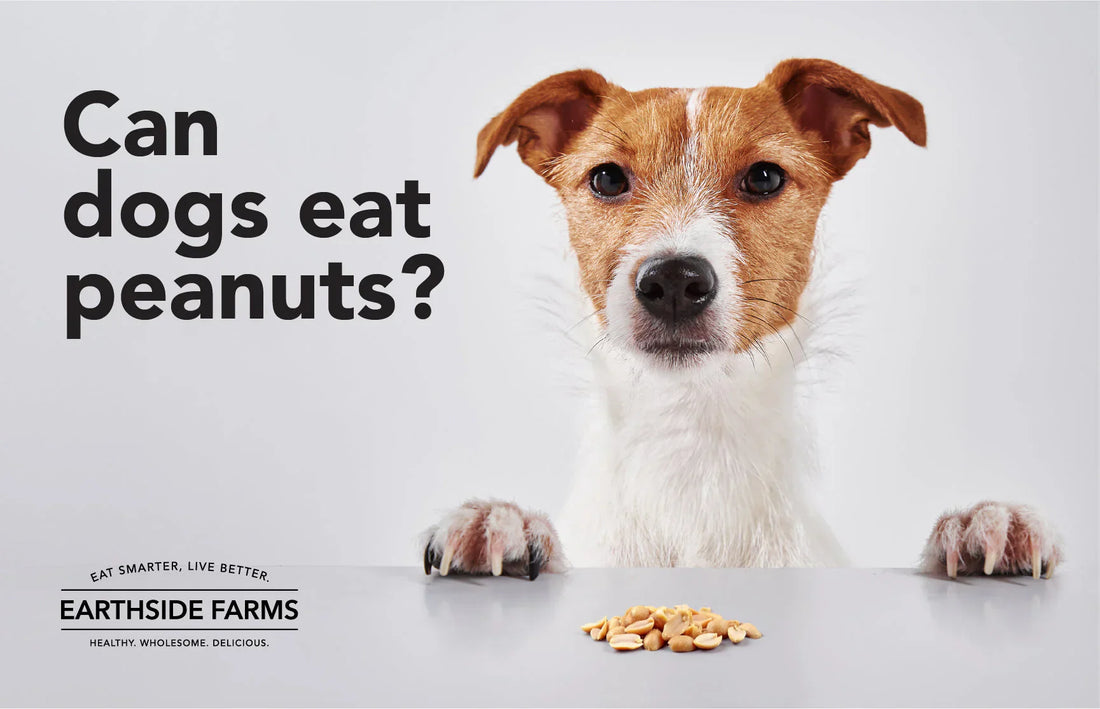Many dog owners ask, “Can dogs eat peanuts?” or wonder, “Are peanuts safe for dogs?”.
The short answer is yes—dogs can eat peanuts with certain precautions.
Peanuts (the legume Arachis hypogaea) are packed with nutrients – about 25% protein and 49% healthy fats by weight.
For humans, peanuts are one of the best (if not the best) nuts for amazing heart health.
But what about our canine friends?
The good news is that unsalted, plain peanuts are not toxic to dogs.
Let's explore the science behind peanuts—their nutrition, benefits, and risks – and share veterinarian-backed advice on safely feeding peanuts or peanut butter.
Nutritional Profile of Peanuts
Peanuts are rich in nutrients that benefit humans and dogs (but with some precautions).
They are a good source of:
-
Protein: Essential for muscle development and repair.
-
Healthy Fats: Monounsaturated and polyunsaturated fats support skin and coat health.
-
Vitamins and Minerals: Including Vitamin B3 (niacin), Vitamin E, magnesium, and phosphorus, which contribute to overall well-being.
However, peanuts are also high in calories and fat, which can lead to weight gain if consumed in large quantities.
Therefore, moderation is key.
Benefits of Peanuts for Dogs
When offered correctly, peanuts can provide several health benefits to dogs:
Energy Boost
The high protein and fat content can provide quick energy, especially beneficial for active dogs.
Skin and Coat Health
The healthy fats in peanuts can help maintain a shiny coat and healthy skin.
Nutrient Supplementation
Peanuts contain essential nutrients like niacin.
This supports metabolic functions, and Vitamin E helps protect cells from damage.
Risks of Feeding Peanuts to Dogs
While peanuts offer health benefits, they also come with potential risks:
-
High in Fat: Too many peanuts can lead to weight gain and pancreatitis in dogs.
-
Choking Hazard: Whole peanuts can be difficult for small dogs to chew and swallow.
-
Salt & Seasonings: Many packaged peanuts contain salt, spices, or artificial flavors that harm dogs.
-
Allergic Reactions: Some dogs might be allergic to peanuts, which can lead to itching, swelling, or digestive issues.
How to Safely Feed Peanuts to Your Dog
To ensure peanuts are a safe and enjoyable treat for your pup, follow these guidelines:
Do’s:
-
Feed plain, unsalted peanuts – Avoid those with added salt, sugar, or spices.
-
Crush or chop peanuts – This helps prevent choking, especially in small dogs.
-
Give in moderation – Peanuts are high in fat, so limit them to an occasional treat.
-
Use natural peanut butter – If giving peanut butter, choose one without xylitol, an artificial sweetener toxic to dogs.
Don’ts:
-
Avoid roasted peanuts with additives – Flavored or salted peanuts can be harmful.
-
Never give peanut shells – They are tough to digest and may cause stomach issues.
-
Don’t overfeed – Too many peanuts can lead to obesity and digestive problems.
How Many Peanuts Can Dogs Eat?

Peanuts & Paws: Snack Wisely!
If you're searching for more healthy treat options for your pup, check out Earthside Farms' Dried Organic Mangoes!
They’re naturally sweet, loaded with vitamins A and C, and make for a chewy, tail-wagging snack. Just be sure to serve them in moderation for a happy, healthy pup!


